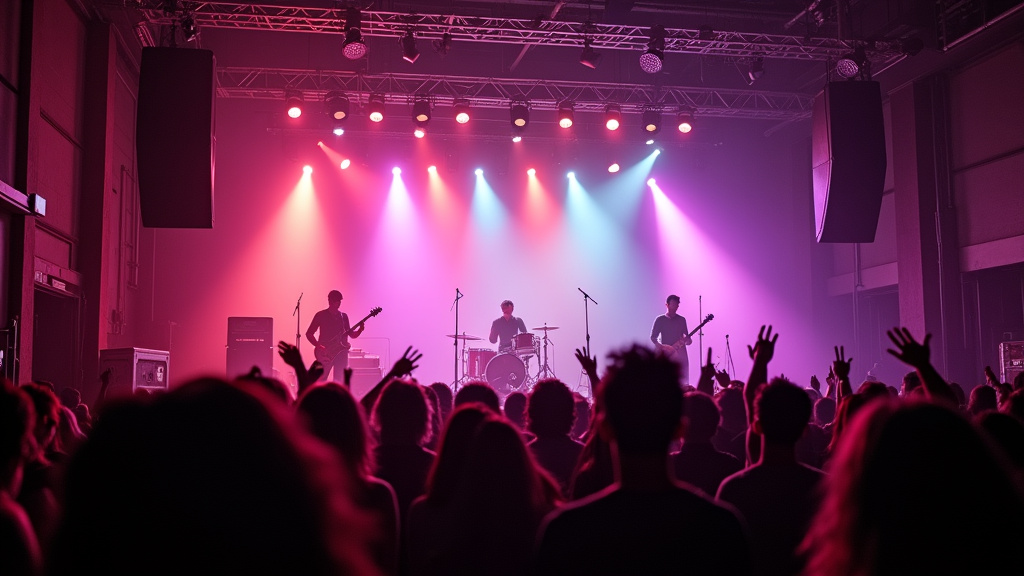Paris, France – June 21, 2025 – In a significant move addressing the burgeoning challenge of artificial intelligence in the music industry, Paris-based music streaming service Deezer announced today, Friday, June 21, 2025, its decision to begin flagging albums containing AI-generated songs. The company stated this measure is a direct response to combat streaming fraud, a growing concern within the digital music landscape.
The proliferation of music created with readily available AI tools has seen a dramatic surge, presenting a complex challenge for streaming platforms. Deezer’s initiative comes as the service itself has observed a notable increase in content designed purely for fraudulent royalty earnings. According to company data shared today, a striking 10% of new releases uploaded to the platform in the three months prior to this announcement were flagged internally as potentially containing AI-generated tracks intended for manipulation of royalty payouts.
Implementing Transparency and Warnings
To address this issue proactively, Deezer will introduce an on-screen label for albums identified as containing tracks generated using AI song tools. This label will serve as a clear warning to listeners and potentially other stakeholders, explicitly stating “AI-generated content.” The warning will be displayed on albums where one or more tracks are determined to have been created using such generative artificial intelligence technologies.
This transparency measure aims to differentiate authentically created human music from content potentially mass-produced by AI, often with the intent to game the streaming royalty system. Fraudulent streaming involves artificially inflating play counts for certain tracks or artists, diverting royalty payments away from legitimate creators and rights holders.
The Broader Industry Battle Over AI
Deezer’s announcement unfolds against a backdrop of intense debate and legal action across the music industry regarding the role and impact of AI. Record companies and artists have expressed significant concerns about generative AI technologies, particularly those capable of creating music in the style of existing artists or utilizing vast datasets of copyrighted works for training.
Several high-profile lawsuits have been filed against AI song generators, including prominent platforms like Suno and Udio. These legal challenges, brought forth by record companies, center on critical issues of copyright infringement and the alleged exploitation of artists’ recorded works. The lawsuits contend that these AI models are trained on copyrighted music without permission, effectively leveraging the creative output of human artists to generate new content.
Examples cited in these legal battles reportedly include the alleged use of works by legendary artists such as Chuck Berry and global superstar Mariah Carey, among others. The core argument is that the AI output is derivative of, and therefore infringes upon, the copyrighted original recordings and compositions.
Adding to the legal pressure, Gema, a major German royalty-collection group, is pursuing a similar lawsuit against Suno. This action, currently underway in Munich, underscores the global nature of the concerns surrounding AI and music royalties, highlighting that collecting societies are also actively working to protect the rights and earnings of their members.
Implications and the Future of Music Streaming
The introduction of AI warning labels by a major streaming service like Deezer signals a pivotal moment in the industry’s grappling with AI’s impact. It acknowledges the scale of the problem and the need for active measures beyond just detection.
While flagging content is a step towards transparency and potentially disrupting fraudulent schemes, the long-term solutions remain complex. The music industry, technology companies, legal frameworks, and artists are all navigating uncharted territory. Defining what constitutes AI-generated music, establishing clear rules for its creation and distribution, and ensuring fair compensation in the age of generative AI are challenges that require ongoing collaboration and innovation.
Deezer’s move sets a precedent that other streaming platforms may consider adopting as they too face similar issues. The outcome of the various lawsuits against AI music generators could also significantly shape the legal landscape, potentially establishing new precedents for copyright in the context of artificial intelligence. As AI technology continues to evolve rapidly, the interplay between human creativity, technological advancement, and the economics of the music industry will remain a focal point of discussion and action for years to come.





